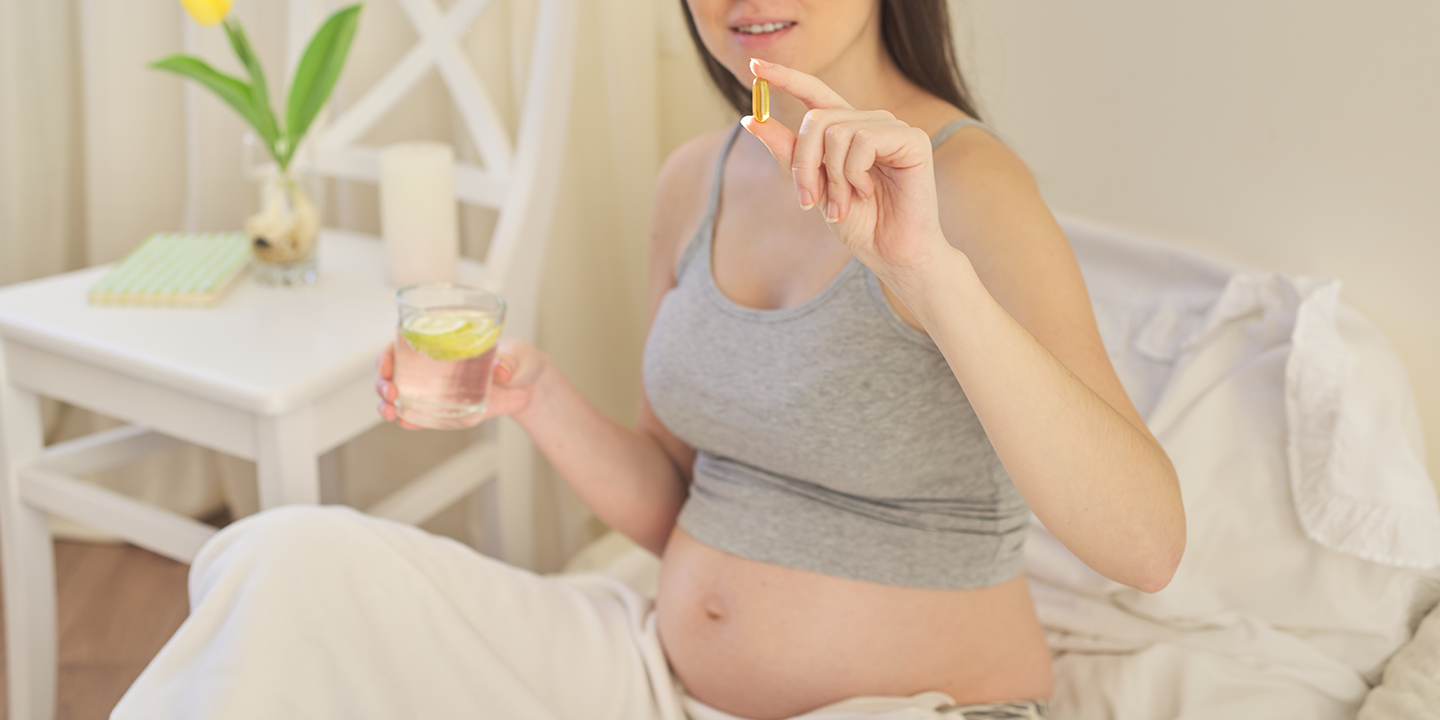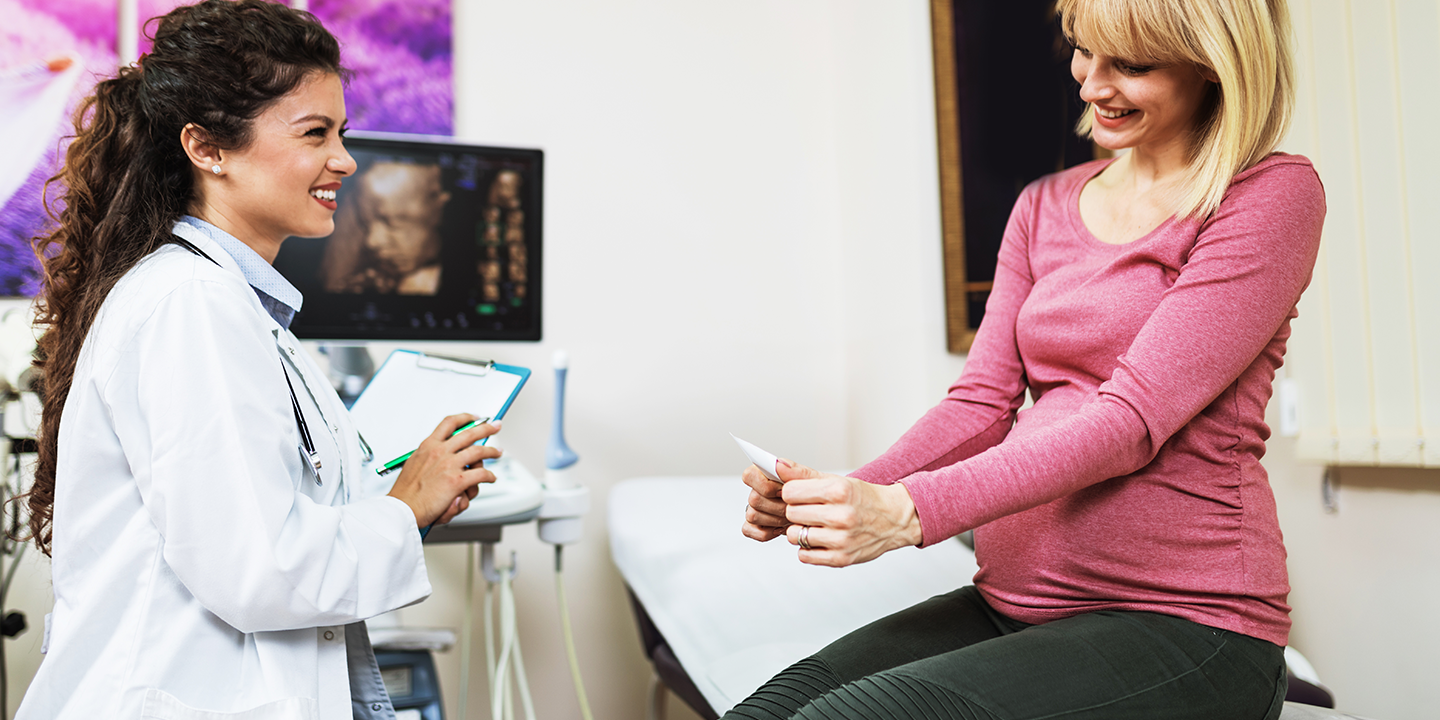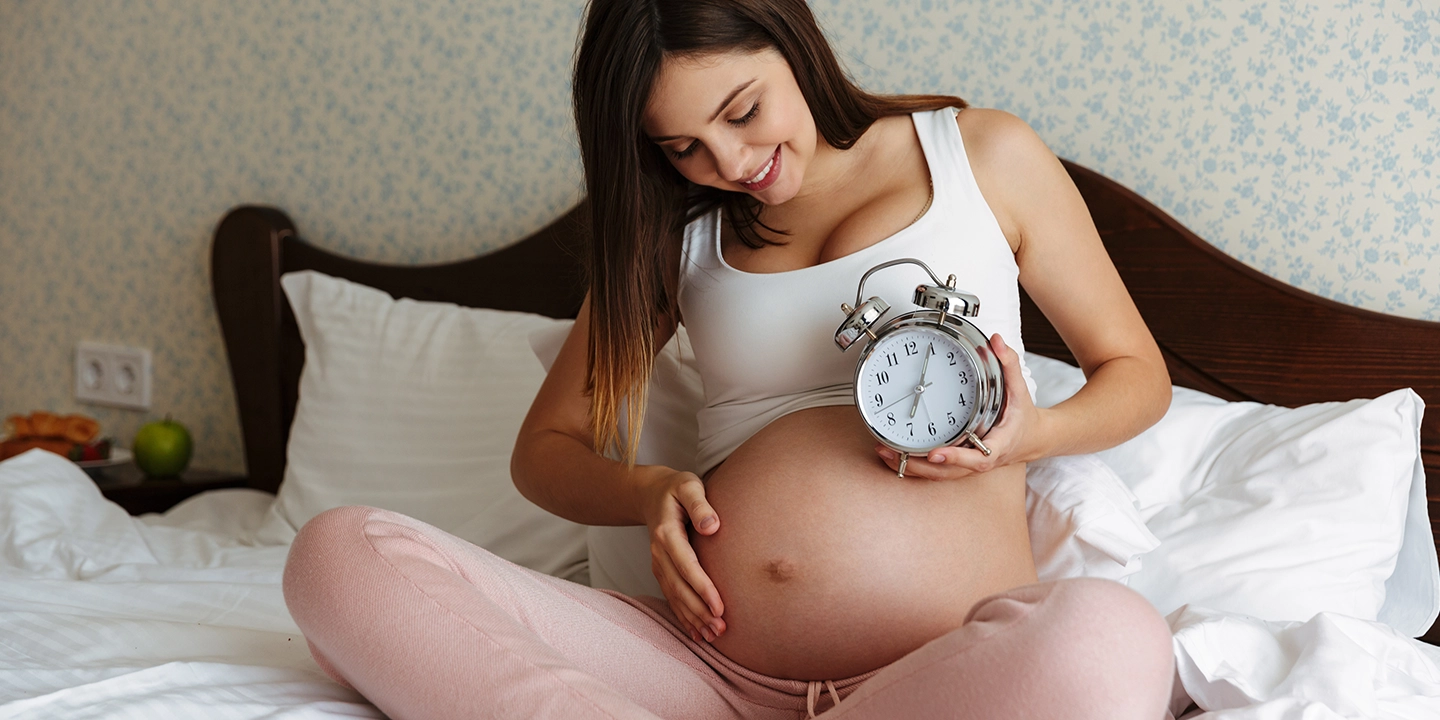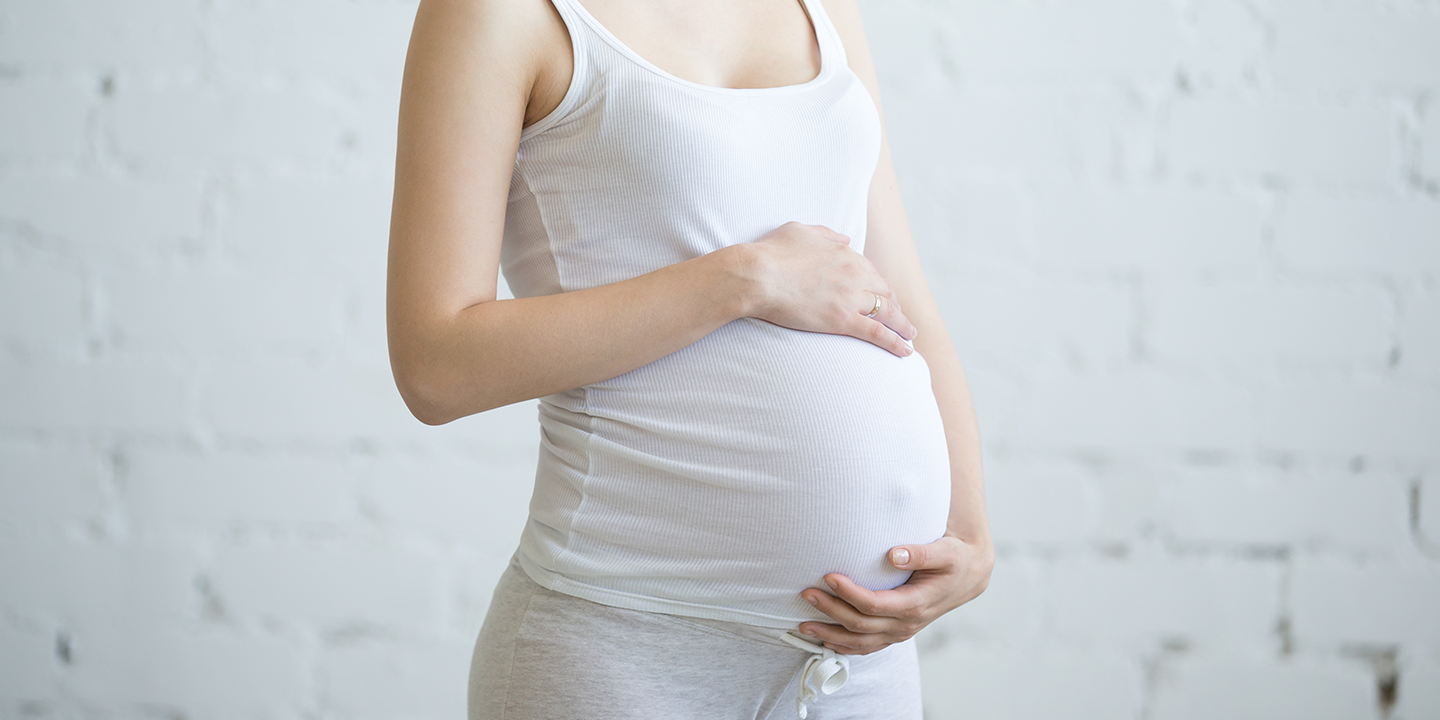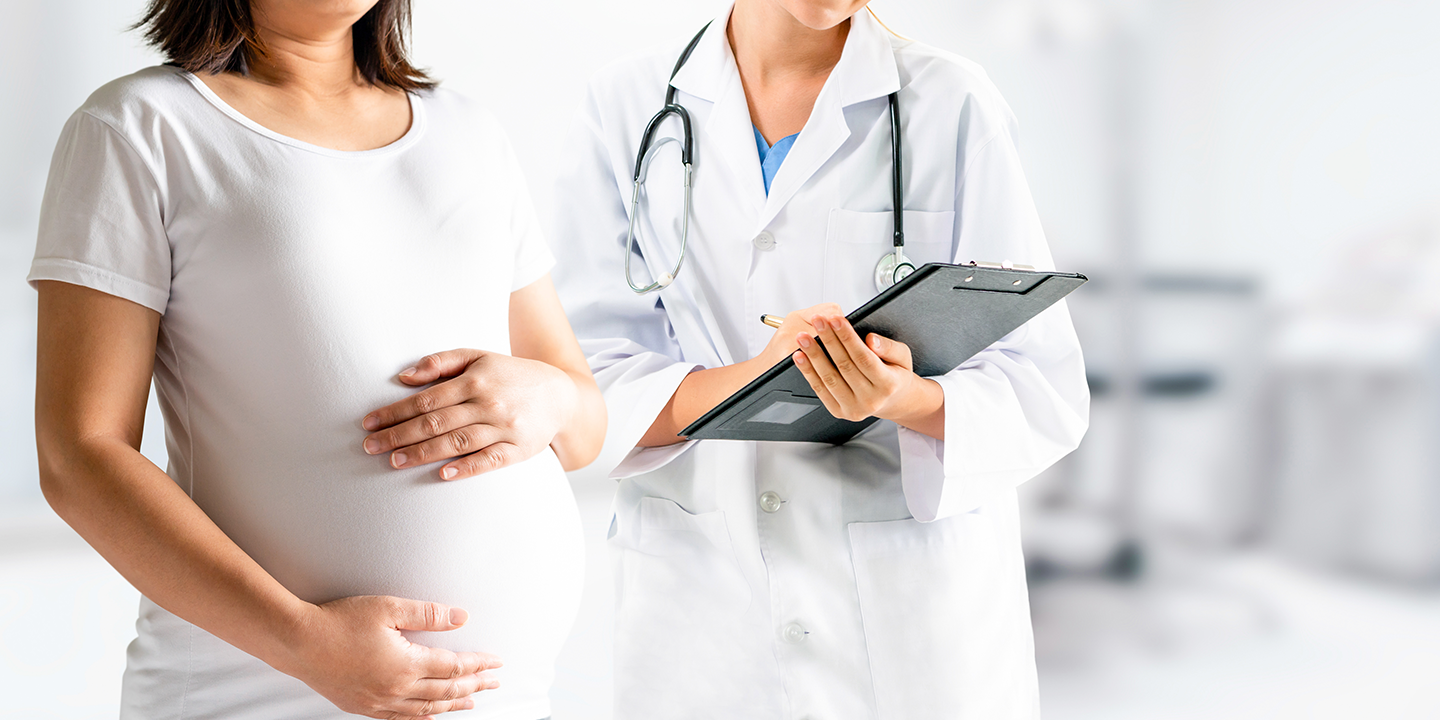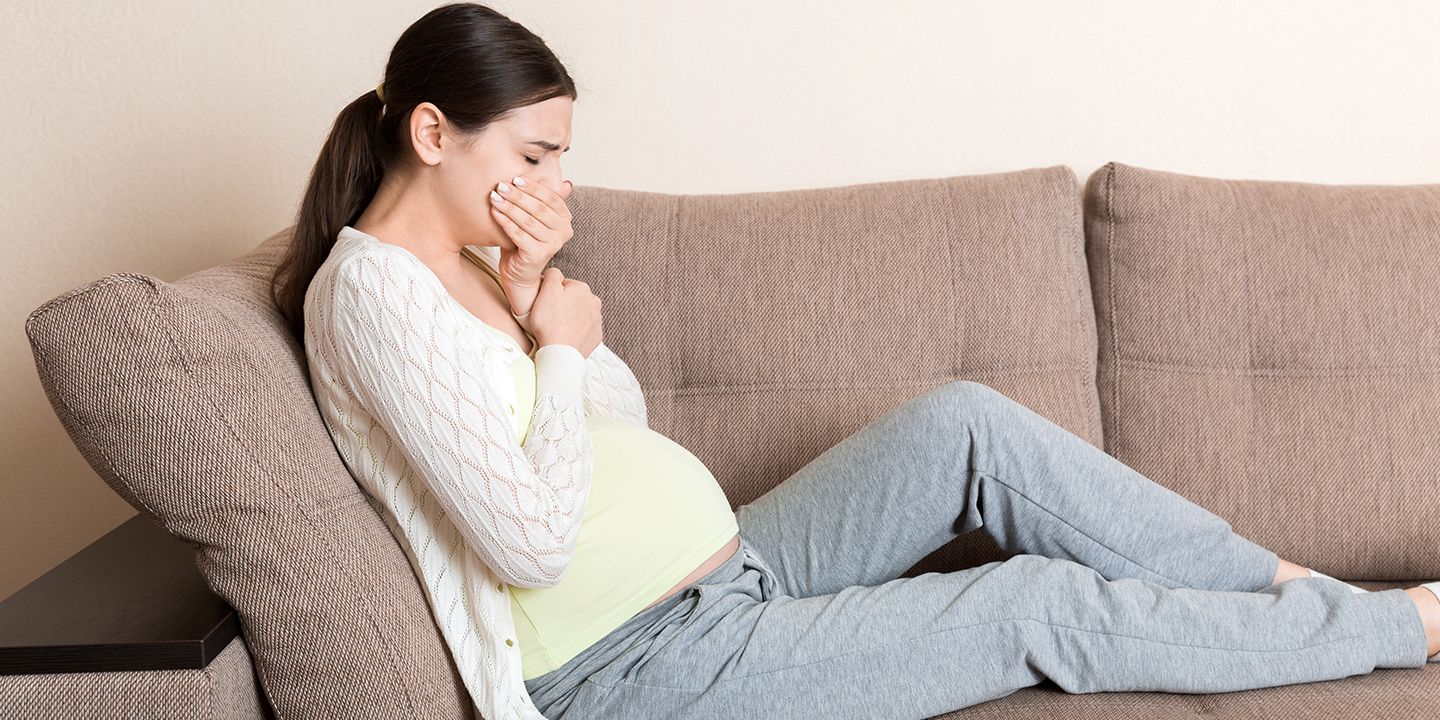
- December 21, 2022
- Queens
- 0
During the term of pregnancy, it’s important to eat a healthy, balanced diet to support the development of the baby. While there is no one perfect food, there are a few foods that are considered some of the best to eat while pregnant. They can provide key nutrients and help promote the health of both the mother and the baby.
A good diet during pregnancy includes vegetables and fruits. Vegetables contain vitamins and minerals, which are vital for the growing fetus. They also provide fibre, which helps prevent constipation during pregnancy.
Fruits are rich in antioxidants and can help relieve common pregnancy symptoms. They can also be a tasty, nutrient-dense snack. They can be blended with yoghurt or nuts to create a delicious dessert.
Dairy products are also an important part of a pregnant woman’s diet. They are loaded with calcium and protein. These two nutrients are important for bone and tooth development. They also help with nerve function.
However, there are certain foods that are not safe for pregnant women. So, before you eat anything new or start a new diet plan, it is best to consult your gynaecologist. You need to avoid foods that can cause an allergic reaction or any other complications. It is best to get your pregnancy diet plan from an expert nutritionist or gynaecologist.
In this article, we are going to discuss the 11 best foods to eat during pregnancy.
What to Eat During Pregnancy?
Choosing a healthy diet for pregnant women is essential to ensuring that both you and your baby get all the nutrients you need. Foods that are low in calories and fat are also an important part of a pregnancy diet. These nutrients are necessary for the development of the baby’s brain, bones, and nervous system.
Foods that contain carbohydrates and fibre are essential for pregnant women. These foods help keep you full and prevent constipation, which can be common during pregnancy. Eating carbohydrates, especially in the form of whole grains, will increase the number of nutrients you get from your food. They are also beneficial for keeping you hydrated.
Protein is another essential component of pregnancy foods. Protein gives you energy, and it helps your body and the baby’s muscles grow. You should aim to consume at least 10 grams of extra protein a day. Try to choose lean proteins, such as chicken, turkey, or fish. If you don’t like to eat meat, you can include eggs, nuts, and legumes in your pregnancy diet. These foods are rich in protein, and you can eat them in small amounts.
Fruits and vegetables are an excellent food for pregnant women. You can find fresh vegetables in a variety of forms, and you can add them to any meal. They are a good source of potassium, iron, and vitamin C. They are low in calories and fat and are a great source of fiber.
A healthy pregnancy diet should also contain fatty fish, olive oil, and nuts. These foods are full of omega-3 fatty acids, which are beneficial for the baby’s development. These fatty acids are particularly important for the baby’s eye and brain development. They are also great for heart health.
Legumes are a good source of fiber and are a good way to boost your folate intake. They also contain many other essential nutrients, such as copper, magnesium, and phosphorous. Basil is a great source of vitamins A, B6, and niacin. It is also a great source of copper, which is needed to form the blood vessels of the baby.
In this Article
- 1 What Are The Best Fruits to Eat During Pregnancy?
- 2 Important Vitamins and Minerals for Pregnant Women
- 3 What Is Healthy Weight Gain During Pregnancy?
- 4 Recommended Weight Gain During Pregnancy
- 5 Tips for Retaining Your Ideal Weight While Pregnant
- 6 Which Foods Should Be Avoided During Pregnancy?
- 7 11 Best Foods to Eat During Pregnancy
- 8 FAQ’s
What Are The Best Fruits to Eat During Pregnancy?
During pregnancy, it is important to eat a healthy diet, including fruits. There are a variety of fruits that you can eat that are high in fiber, which is good for you.
- Bananas
During pregnancy, it is recommended to eat plenty of fruits. They are full of nutrients that are vital to the development of your baby. It also helps keep you healthy as you grow. Fruits good for pregnancy include bananas. It contains a number of benefits, including a good source of vitamin B6. The antioxidants present in bananas also help protect your body from free radicals.
- Apples
During pregnancy, eating apples is a great way to boost energy and prevent health complications. They provide a wide variety of nutrients, including vitamin A, potassium and iron. These fruits can also help maintain healthy blood pressure and cholesterol levels, both of which are important for a healthy pregnancy.
- Apricots
During pregnancy, the body needs extra calories for the development of the fetus. To meet this calorie requirement, pregnant women can consume apricots. They are rich in energy, antioxidants, and potassium. These fruits also help maintain fluid balance in the body. Apricots are packed with vitamins and minerals that help in the overall development of the fetus.
- Kiwis
Kiwis are considered to be one of the best fruits to eat during pregnancy. This fruit is rich in vitamins and minerals. They are also rich in fiber. In addition, they contain vitamin C, folic acid, and magnesium. These nutrients help the mother and baby stay healthy.
- Watermelon
During pregnancy, watermelon is a great source of vitamins, minerals and fibre. In addition, it’s a good source of lycopene, which is an antioxidant. This combination is helpful for reducing pre-eclampsia and newborn breathing problems. The high content of potassium in watermelon can help ease muscle cramps.
- Cherries
Cherries are a great source of vitamin C, an antioxidant that protects the body from oxidative stress. They also contain potassium, which helps regulate blood pressure. They are packed with healthy nutrients, including folic acid and iron. Another benefit of cherries is their anti-inflammatory properties.
Important Vitamins and Minerals for Pregnant Women
During pregnancy, you may need to take a few vitamins and minerals to ensure that your baby is growing healthy and strong.
- Folate
Having a diet that includes folate is an important aspect of a healthy pregnancy. This vitamin plays an important role in tissue growth and red blood cell production. It also helps your baby’s nervous system develop. Neural tube defects are very serious but can be prevented with folic acid supplementation. Folate is available in dietary supplements as well as foods. Folate is a B-complex vitamin. It is found naturally in many fruits and vegetables.
- Iron
During pregnancy, women need to get a wide variety of vitamins and minerals to ensure that their bodies and the baby’s body are healthy. The most important nutrient you will need is iron. During pregnancy, you will double the amount of iron. It helps to make more blood in your body and carries oxygen to your baby. If you want to take an iron supplement, talk to your doctor about the dosage. You can buy iron supplements in liquid form, chewable gummies, and pills.
- Calcium
During pregnancy, important vitamins and minerals for pregnant women include calcium, which helps to form strong bones and teeth for your baby. It also plays an important role in blood clotting, heart rhythm, and nerves. The World Health Organization (WHO) recommends that pregnant women consume at least 1000 mg of calcium per day. You can get it from a variety of foods, including dairy products.
- DHA
Among important vitamins and minerals for pregnant women, DHA is important for the healthy development of the baby’s brain and eyes. A recent review suggested that DHA may also improve postpartum mood. The National Institutes of Health has not established a recommended dosage of DHA for pregnant women. However, most health organizations recommend at least 200 milligrams per day of DHA.
- Vitamin D
During pregnancy, women need to consume an increased amount of vitamins and minerals to ensure that they are providing their babies with the right nutrients. Vitamin D is an important nutrient you will need. It helps your body to absorb calcium and build stronger bones and teeth. It is also important for muscles and nerve functions.
- Choline
Getting adequate choline in your diet is important for your fetal development. This is especially true during the third trimester. This is when your baby is growing rapidly. Your body needs choline to make acetylcholine, which is essential for brain development. Getting adequate choline can also help protect your baby from certain birth defects.
- Iodine
During pregnancy, iodine is one of the four important nutrients that the unborn baby needs. Iodine helps the thyroid gland make the hormones that are necessary for growth and development. If you’re pregnant, you should consider taking a daily prenatal vitamin that contains 150 micrograms of iodine. This will ensure that you’re getting enough of this nutrient.
What Is Healthy Weight Gain During Pregnancy?
Although weight increase is an expected and typical aspect of the process during pregnancy, it’s crucial to keep a healthy balance between weight gain and a nutritious diet. For the health of both the mom and the growing child, the proper weight increase is essential.
Pregnancy problems including gestational diabetes, hypertension, and an increased need for a cesarean section can all result from excessive weight gain. Conversely, insufficient weight increase might result in preterm delivery and a low birth weight.
A decreased risk of problems during pregnancy and labor is linked to weight gain that is within the acceptable range. The baby’s development and growth are supported by an appropriate weight increase. Low birth weight might increase the likelihood that the infant will have health issues because of insufficient weight gain.
The baby, amniotic fluid, the placenta, and increased blood volume all contribute to the additional weight gained during pregnancy. Additionally crucial to the mother’s well-being, it aids in the body’s preparation for birthing and nursing.
Recommended Weight Gain During Pregnancy
Prior to becoming pregnant body mass index (BMI), which is determined based on your height and weight, will determine the appropriate weight gain during pregnancy. The general rules are as follows:
- BMI less than 18.5 (Underweight ): Aim to gain 13-18 kgs.
- BMI between 18.5 and 24.9 (Normal weight): Aim to gain 11-16 kgs.
- BMI between 25 and 29.9 (Overweight): Aim to gain 7-11 kgs.
- BMI 30 or greater (Obese): Aim to gain 5-9 kgs.
Tips for Retaining Your Ideal Weight While Pregnant
- Put an emphasis on foods that are high in nutrients, such as fruits, vegetables, lean meats, whole grain foods, and dairy products. Avoid sugary drinks and foods with empty calories.
- Even when you’re feeding two people, you shouldn’t increase your food intake by double. Watch your portion amounts to prevent gaining too much weight.
- Follow your doctor’s recommendations and partake in routine, moderate-intensity exercise. Exercises that assist in limiting weight gain and enhance general health include swimming, walking, and prenatal yoga.
- To help maintain your body’s higher volume of blood and amniotic fluid production, drink lots of water throughout the day.
- Your doctor can monitor your weight growth throughout routine prenatal visits and provide advice based on your individual needs.
Which Foods Should Be Avoided During Pregnancy?
To lower the risk of problems, certain foods must be avoided or consumed in moderation. Here is a comprehensive list of foods to avoid when pregnant:
- Certain Fish: Avoid eating fish rich in mercury, such as shark, swordfish, king mackerel, and tilefish. Choose low-mercury alternatives instead, such as salmon, prawns and catfish.
- Raw Seafood: Sushi along with other raw seafood should be avoided since they might be contaminated with dangerous germs or parasites.
- Uncooked Eggs: Salmonella can be present in foods produced with undercooked or raw eggs, including homemade mayonnaise, cookie batter, and eggnog.
- Unpasteurized dairy: Listeria-causing bacteria may be present in unprocessed cheese, milk, and other dairy products. Pick pasteurized foods.
- Sprouts: Alfalfa grass clover and radish sprouts should not be consumed fresh because they may contain dangerous germs.
- Processed Foods: Foods that have been heavily processed should be avoided since they have little nutritional value and tend to be rich in harmful fats, added sugars, and preservatives.
- Caffeine: Excessive caffeine use might cause problems. A 12-ounce coffee cup has 200 milligrams of caffeine, so keep your daily intake to no more than that.
- Alcohol: Since alcohol might affect fetal development, it is best to completely avoid it while pregnant.
- Uncleaned Produce: Produce that hasn’t been thoroughly cleaned should be thoroughly washed to eliminate any possible pathogens.
- Junk Food: Overindulging in sweets and junk food should be avoided in favor of a well-balanced diet high in veggies, fruits, whole grains, lean protein, and dairy.
Benefits of Eating Healthy During Pregnancy
During pregnancy, your body is in need of food to help it grow. The best foods to eat are the ones that provide the nutrients that your baby needs but that are also nutritious for you. Eating healthy during pregnancy can help you to have a healthier pregnancy, which means less risk of complications and more energy to spend on your baby. Here are some benefits of eating healthy during pregnancy.
- Fewer Pregnancy Complications
- Increased Energy
- Successful Fetal Development
- Improved Sleep
- Reduced Risk of Getting Sick
- Overall Healthy Baby
11 Best Foods to Eat During Pregnancy
If you are pregnant, there are certain foods that you must include in your diet. Here is a list of goods that are beneficial for pregnant women.
- Dairy Products
During pregnancy, dairy products are a great source of calcium, protein, and potassium. They also provide a number of other nutrients, including vitamin D, phosphorus, and riboflavin. In addition, some fortified versions of these foods include vitamin A, folic acid, and calcium. Milk is an excellent source of calcium, providing about a third of the recommended daily amount. It is also rich in other micronutrients, including iodine. A serving of Greek yogurt contains more calcium than most other types of dairy products. However, you need to consult a doctor before adding different dairy items to your diet. It is best to avoid dairy if you are lactose intolerant or have any allergies.
- Sweet Potatoes
During pregnancy, you need to make sure that you are consuming foods that are full of nutrients. Sweet potatoes are one of the most nutritious food options you can include in your diet. They contain high amounts of vitamin A, vitamin C, and potassium. The nutrients are all important for the health of your baby. Aside from the vitamin A found in sweet potatoes, they are also a good source of fiber. This can prevent constipation during pregnancy. Sweet potatoes are a rich source of beta-carotene, a precursor to vitamin A. However, make sure you eat it in moderation, as too much can lead to digestive problems.
- Salmon
Adding salmon to your pregnancy diet can benefit you and your baby. It is rich in protein, vitamin B12, and omega-3 fatty acids. These nutrients are important for your health and the development of your baby. Seafood is also a great source of vitamin D, which is essential for your immunity, bone health, and brain development. Other types of seafood you can eat during pregnancy include crab, scallops, clams, and shrimp. However, you need to avoid high mercury fishes like swordfish, sharks, marlin, and king mackerel.
- Legumes
During pregnancy, you need to consume more nutrients to support your fetus’s development. Legumes are a good choice for pregnant women. They are rich in protein, fiber, and folate. These foods are also excellent sources of iron and magnesium. They are a good substitute for meat. You can add them to soups, stews, casseroles, and salads. You should also eat plenty of fruits and vegetables. Leafy greens are rich in folic acid, which is important for preventing certain birth defects.
- Eggs
Besides providing you with a large amount of protein, eggs also contain many other important vitamins and minerals that are vital for your health and your baby’s development. Eggs are also a great source of Omega-3 fatty acids, which are important for brain development. Moreover, eggs are a great source of antioxidants, including lutein, which is good for your eyes. It is also a good source of choline, which is an important nutrient for both you and your baby. Choline is necessary for healthy brain development and can help prevent birth defects.
- Broccoli
During pregnancy, you may want to consider adding broccoli to your diet. It’s a superfood that’s packed with nutrients to give your baby a head start. It’s also a great source of folate, which is essential for healthy development. It’s also high in potassium, which helps your blood pressure. In addition, it has disease-fighting antioxidants. It’s also a good source of fiber. It can help fend off constipation. You can use it in soups, stir-fries, and salads. It’s rich in calcium, which is important for building a strong skeleton. It also has vitamin C, which helps your body absorb iron.
- Berries
During pregnancy, eating berries can provide you and your baby with plenty of vitamins and minerals. These nutrients will support your body and help prevent morning sickness. In addition, berries are a great source of energy. They are also packed with antioxidants and fiber. In fact, berries are one of the best foods to eat during pregnancy. They are a great source of vitamin C, which helps your body absorb iron.
- Avocados
During pregnancy, a woman’s diet needs to be rich in vitamins and nutrients. Avocados are a great source of several important nutrients that help in the development of the fetus. Its versatility also allows it to be easily incorporated into meals and snacks. Avocados are rich in folic acid, a vitamin that is important for the development of the baby’s organs and brain. Low folate levels are associated with neural tube defects, such as spina bifida.
- Dried Fruit
Adding dry fruit to your diet can help you stay healthy during your pregnancy. These fruits are rich in vitamins and minerals. They also provide you with extra energy. You can incorporate them into sweet or savoury dishes to add to your daily diet. Dried fruit is an excellent source of Vitamin A and potassium. Both of these nutrients are important for the development of the fetus. They can also protect you from bacterial infections. These fruits are low in glycemic index and can relieve your hunger pangs.
- Fish Liver Oil
During pregnancy, it is important to get a good supply of essential fatty acids. These fats are necessary for the proper development of a baby’s brain and nervous system. They also help regulate the functions of blood pressure, clotting, and inflammatory responses. Fish are a great source of lean protein and omega-3 fatty acids. It’s best to consume fish at least twice a week. Ideally, you should aim to eat two to four portions of oily fish a week.
- Lean Meat and Proteins
The best proteins to eat during pregnancy include lean meats, poultry, and fish. These types of foods are packed with vitamins and minerals. They also contain iron, which is essential for the developing fetus. These types of foods also provide fiber and B vitamins. They also help prevent constipation.
Conclusion
During pregnancy, it is important to eat a healthy, balanced diet to ensure the well-being of both you and your unborn baby. Eating a balanced diet also helps to decrease the symptoms associated with pregnancy. However, certain foods should be avoided as they can pose a threat to both you and your baby. These include foods that contain bacteria, which can lead to a number of illnesses, including miscarriage, stillbirth, and premature delivery. It is best to consult your gynecologist to create a pregnancy diet plan and avoid complications.
If you have questions about whether a particular food or ingredient is safe for your pregnancy, schedule an appointment at Queen’s Gynecology. Our expert gynecologists will give you the best advice about foods to eat during pregnancy. We can also help to prepare a complete tailored pregnancy diet plan for you.
FAQ’s
A pregnant woman should eat plenty of fruits and vegetables on a daily basis. Apart from that, you should also drink plenty of water and add protein and fiber to your diet.
The best drinks for pregnant women are water, orange juice, natural fruit juices, and coconut water.
No, drinking coke is not recommended during pregnancy as it contains a high amount of caffeine and sugar.

